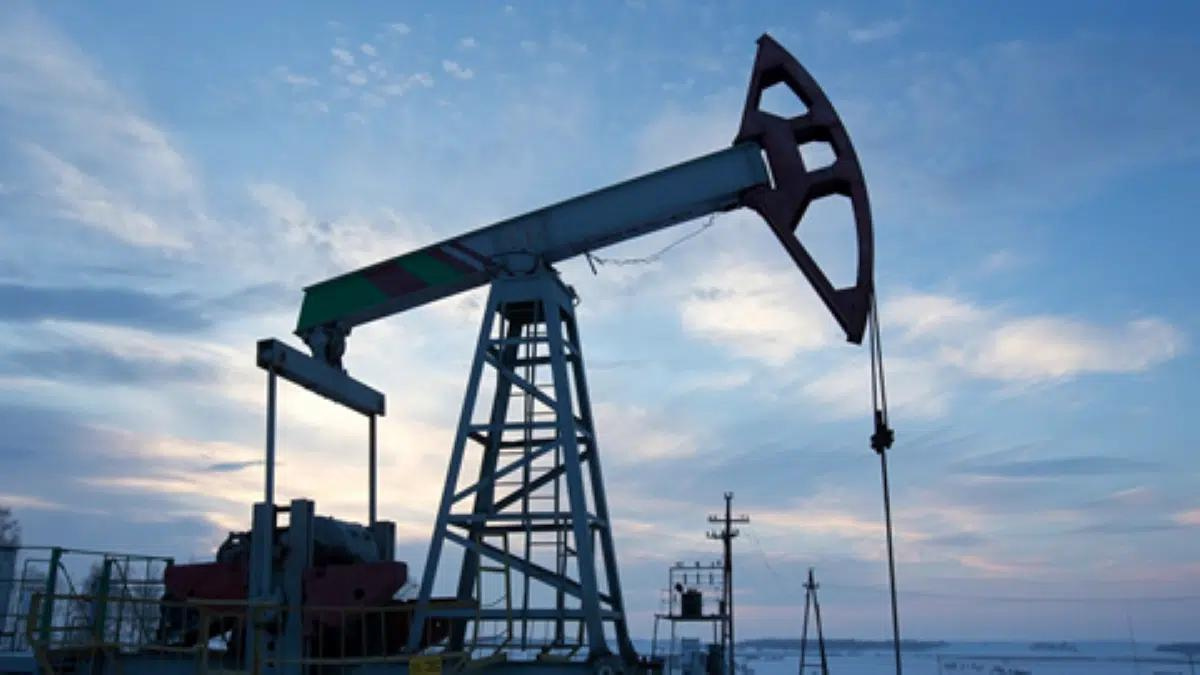Petroleum, commonly known as oil, is an essential resource for energy, transportation, and various industries. The production of oil significantly impacts global markets and economies. This article explores the largest petroleum-producing country in the world, its production capabilities, and its influence on the global oil industry.
Worldwide Petroleum Production
In 2023, global petroleum production reached 96.4 million barrels per day. This substantial output reflects the critical role of oil in powering the global economy, meeting energy demands across various sectors. Major producers, including the United States, Saudi Arabia, and Russia, contribute significantly to this figure, which influences international oil markets and global energy policies.
Largest Petroleum Producing Country in the World
The United States is the largest petroleum producer globally, with an impressive output of 18.60 million barrels per day, accounting for 20% of the world’s total production. Following the U.S., Saudi Arabia, Russia, and Canada are also major producers. The U.S.’s leading position is bolstered by advanced extraction technologies and substantial reserves, making it a key player in the global oil market and significantly influencing global energy dynamics.
Production Statistics of Petroleum in United States
The United States holds the title of the largest petroleum-producing country in the world. As of recent data, the U.S. produces approximately 12 million barrels of crude oil per day. This significant output surpasses other major oil-producing countries and highlights the country’s dominance in the global oil market.
Key Factors Contributing to Petroleum Production
Several factors contribute to the U.S.’s position as the leading petroleum producer:
- Technological Advancements: Innovations such as hydraulic fracturing (fracking) and horizontal drilling have revolutionized oil extraction processes, enabling the U.S. to tap into previously inaccessible reserves.
- Abundant Reserves: The U.S. has substantial oil reserves located in various regions, including Texas, North Dakota, and Alaska.
- Investment and Infrastructure: Significant investments in infrastructure, such as pipelines and refineries, support the high levels of production and distribution.
Economic Impact
The petroleum industry is a major contributor to the U.S. economy. It supports millions of jobs across various sectors, including extraction, refining, and transportation. Additionally, the oil industry generates substantial revenue and plays a key role in the country’s energy security.
Future Outlook
The future of petroleum production in the U.S. looks promising due to ongoing advancements in extraction technologies and expanding oil reserves. However, the industry faces challenges, including environmental concerns and the transition to renewable energy sources.




 Which Painting is known as the Indian Mo...
Which Painting is known as the Indian Mo...
 Which Indian State was the First to Chan...
Which Indian State was the First to Chan...
 Which Waterfall is known as the Monsoon ...
Which Waterfall is known as the Monsoon ...








